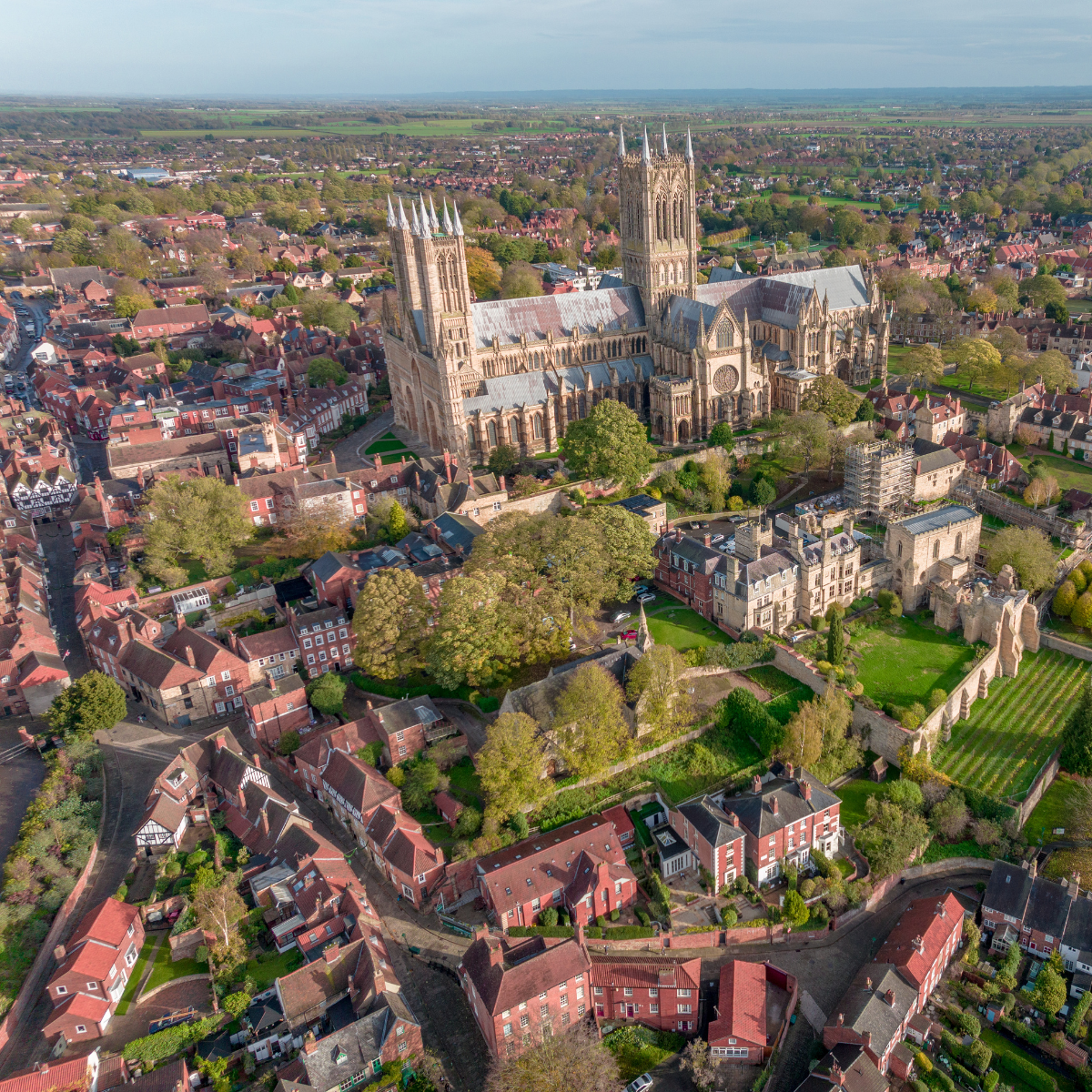Local net zero strategies
In 2024, the Midlands Net Zero Hub partnered with Sustainability West Midlands and CDP to gain a greater understanding of climate action in the region. The project identified a range of strengths, including:
- Establishing programmes to support the decarbonisation of transport, whether though electrifying council fleets and installing electric vehicle charging
- Delivering large-scale domestic retrofit programmes to support those in, or at risk of, fuel poverty, often in partnership with Midlands Net Zero Hub
- Implementing tree planting projects and considering biodiversity net gain in their programmes
- Installing solar PV on council estates
- Supporting local businesses to reduce their energy usage
- Working in partnership to roll out local flood management schemes
Read the report to understand how local authorities are tackling the climate crisis below.
Across the Midlands, local authorities and local enterprise partnerships have a strategy for how they will accelerate the transition to net zero in their local area.
The strategies:
Birmingham and Solihull
Coventry and Warwickshire
- Coventry City Council Climate Change Strategy
- Warwick District Council Climate Change Action Programme
- Warwickshire Country Council Sustainable Futures Strategy
Derbyshire and Nottinghamshire
- Derby City Council Climate Change Action Plan
- Derbyshire County Council Journey to Net Zero Carbon
- Nottinghamshire County Council Climate Change Action
- Carbon Neutral Nottingham
Greater Lincolnshire
Leicester and Leicestershire
The Marches
- Herefordshire Council Carbon Management Plan
- Shropshire Climate Action
- Sustainable Telford and Wrekin

